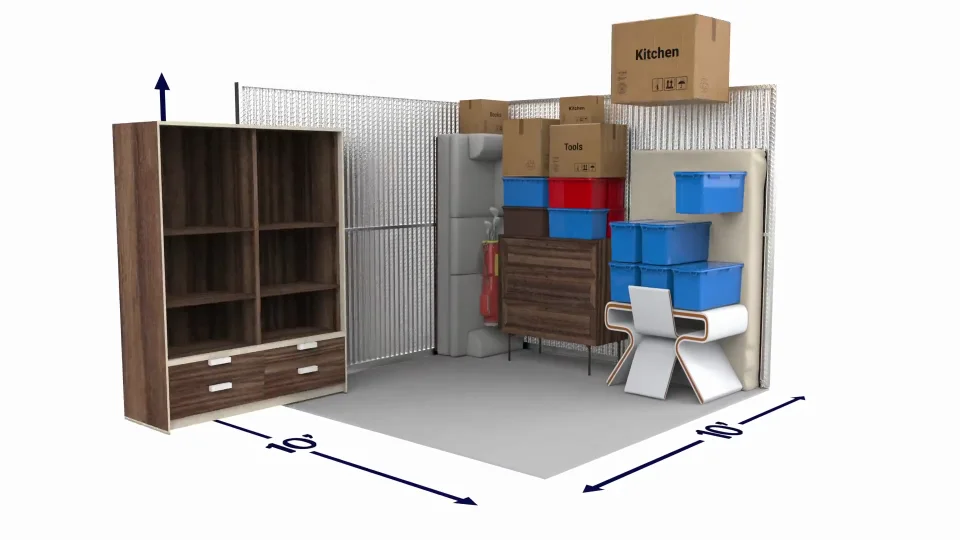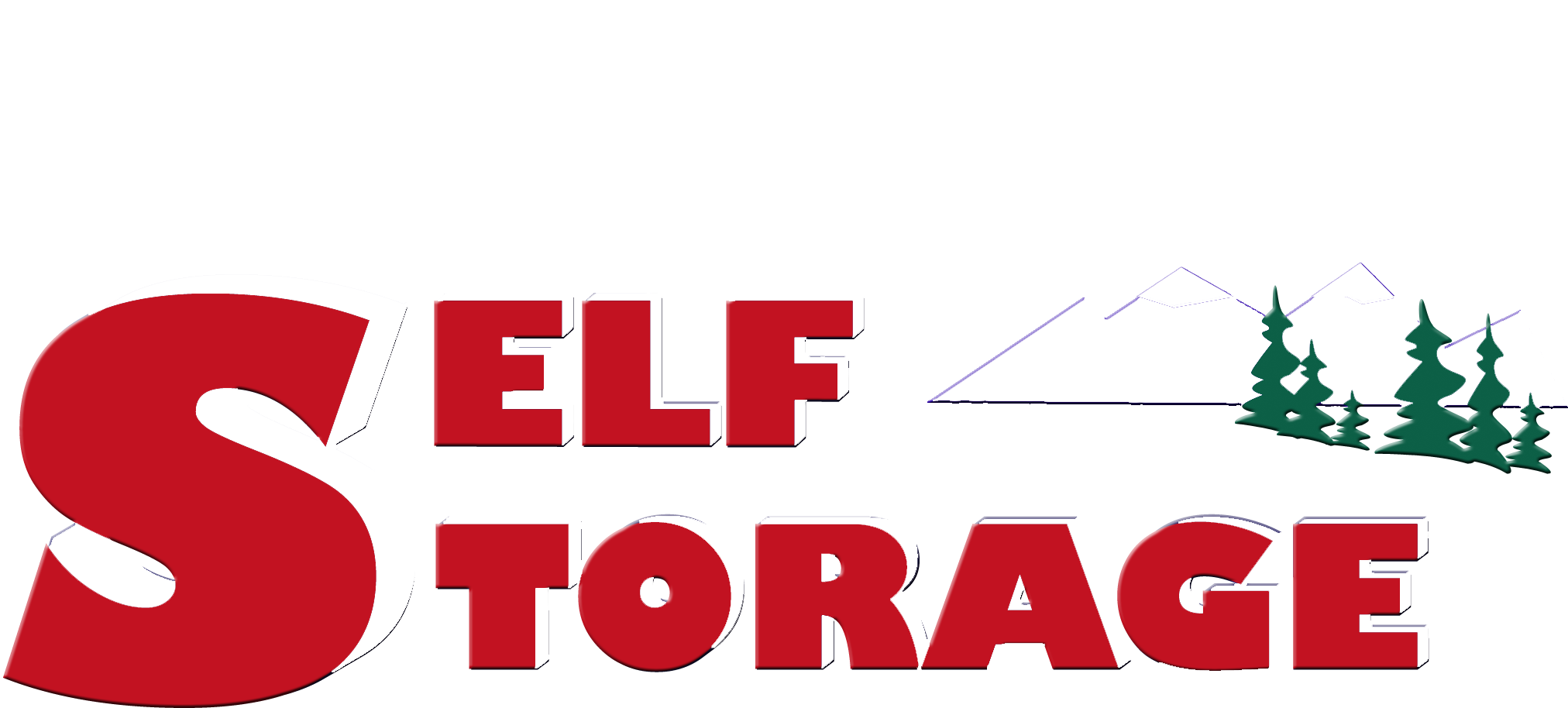Storage Unit Size Guide
Use the guide below to help identify which size unit is best for your storage needs.
- 25 sq ft
- Size of a standard closet
- Small Seasonal Items
- Small Boxes
- Medium Boxes
- Loveseat
- Chairs
- End Tables
- Record Collections
- Family Keepsakes
- Twin Mattress
- File Cabinets
- 50 sq ft
- Size of a walk-in closet
- Full Mattress
- Queen Mattress
- Bedroom Furniture
- Bookshelves
- Console Tables
- TVs
- Medium Boxes
- Small Appliances
- 75 sq ft
- Size of a walk-in closet
- Kitchen Table & Chairs
- Bed Frame
- Dressers
- Nightstands
- Desk and Chair
- Refrigerator
- Queen Mattress
- Medium Boxes
- 100 sq ft
- Size of a small bedroom
- Queen Mattress
- King Mattresses
- Standard Couch
- Bookshelves
- Small Kitchen Appliances
- Business Inventory
- Sales Materials
- Patio Furniture
- 150 sq ft
- Size of a standard bedroom
- Kitchen Table & Chairs
- Bed Frame
- Dressers
- Nightstands
- Desk and Chair
- Refrigerator
- Queen Mattress
- Medium Boxes
- 200 sq ft
- Size of a one-car garage
- Washer & Dryer
- Large Couches
- Multiple Dining Tables
- Patio Furniture
- Lawn Mowers
- Sports Equipment
- Jet Ski
- 300 sq ft
- Size of a spacious one-car garage
- Multiple Large Appliances
- Large Furniture
- Sectional Couches
- Entertainment Centers
- Bookcases
- Large TVs
- Work Out Equipment
- Lawn Furniture & Equipment

